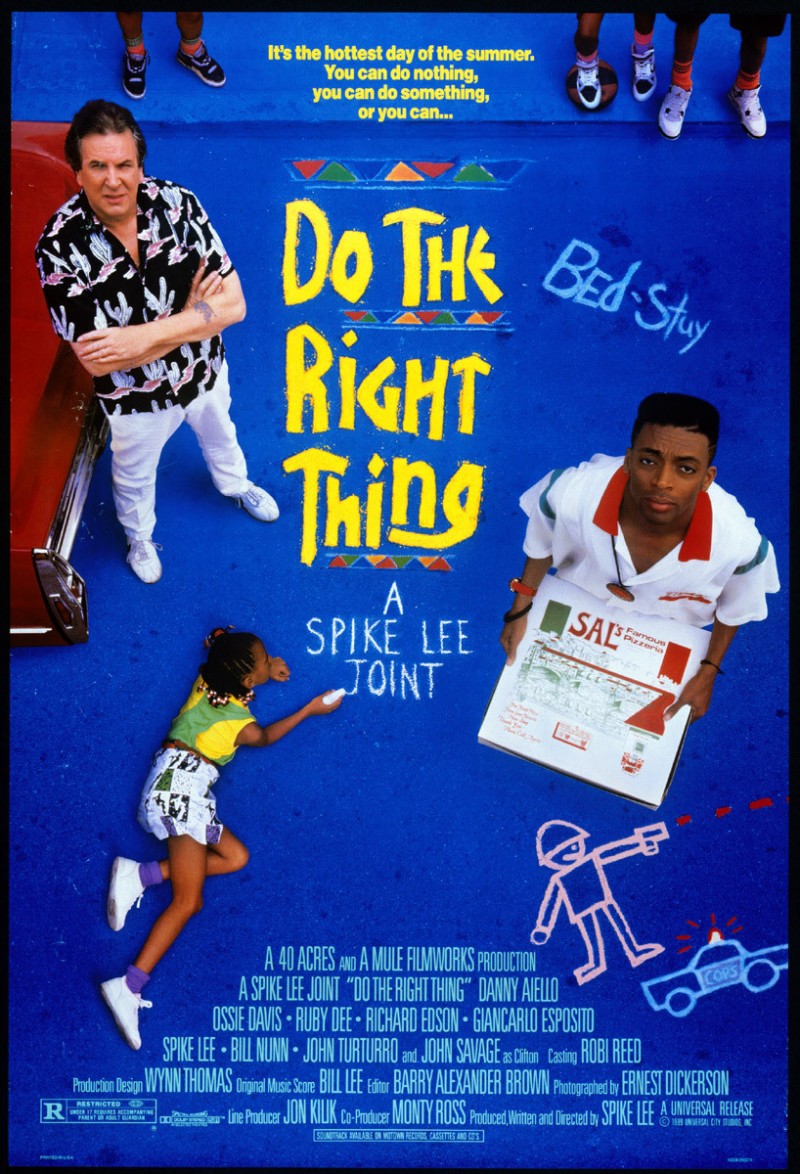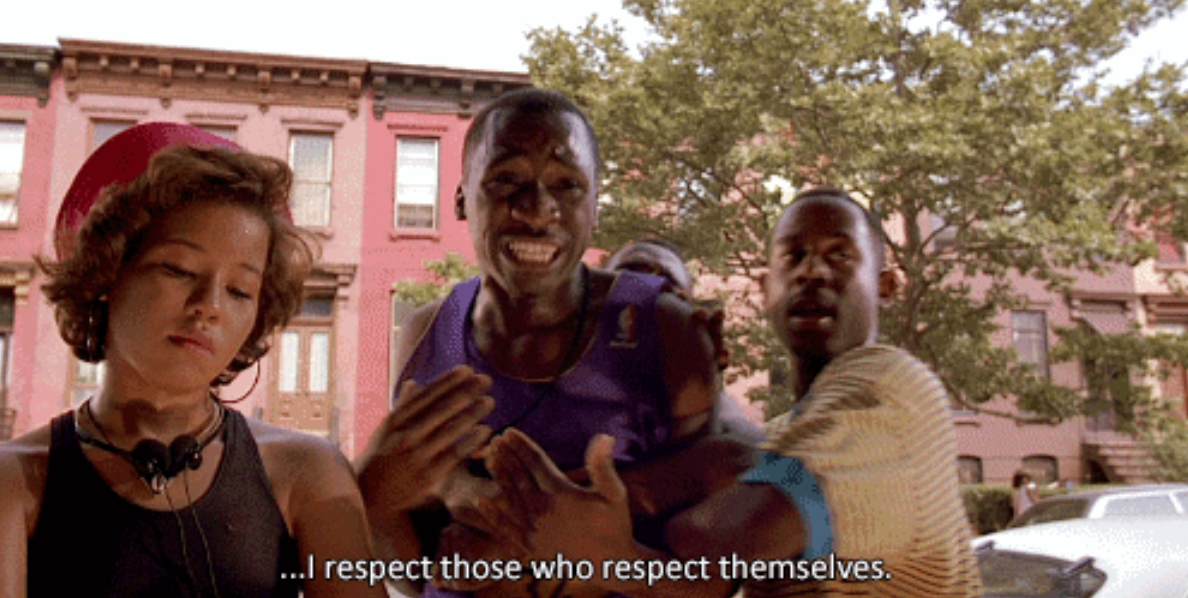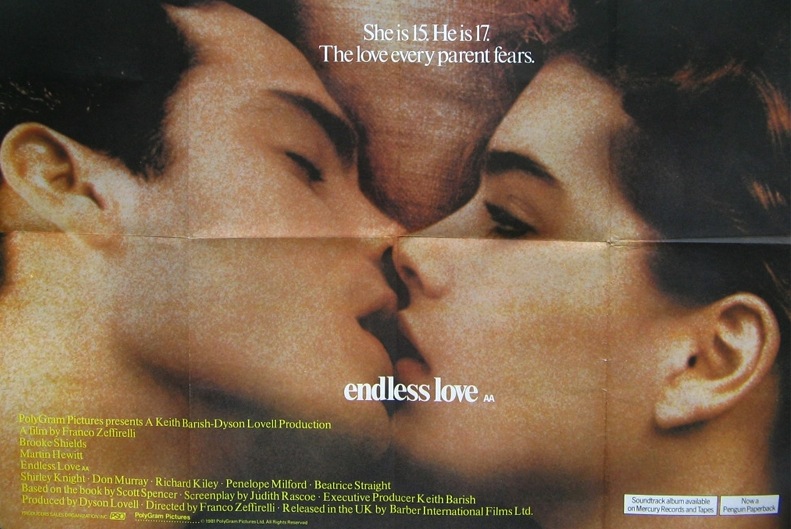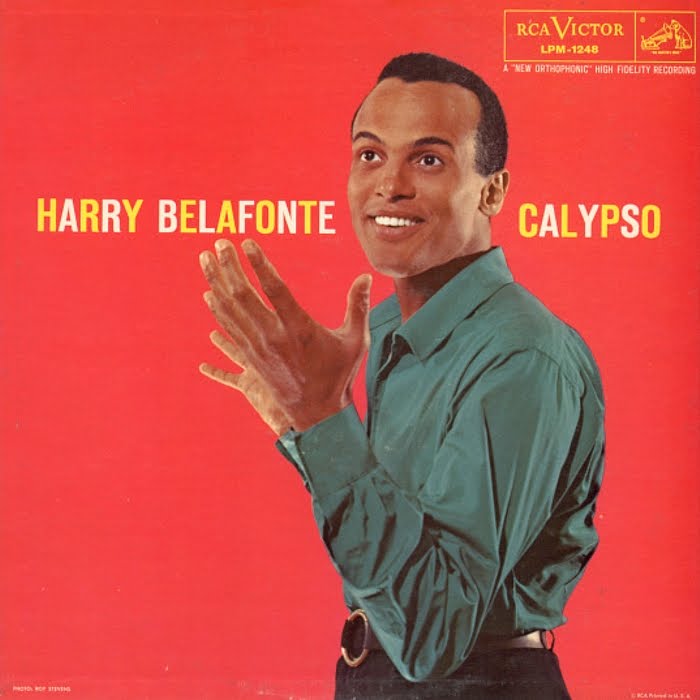Black History Month: Do The Right Thing (1989)
 Friday, February 20, 2015 at 9:34PM
Friday, February 20, 2015 at 9:34PM Our Black History Month celebration (through an Oscar lens) continues with Matthew Eng on Do The Right Thing's Screenplay
 Whenever I think about Spike Lee’s Do the Right Thing, and I’ve thought about it with depressing frequency this past year as I’m sure many cinephiles and non-cinephiles alike have, I often think about one of two things. One is inarguably the greatest opening credits sequence of all time because it’s still such a resilient, red-hot act of hip-hop aggression and because the under-heralded national treasure that is Rosie Perez is never too far from my mind.
Whenever I think about Spike Lee’s Do the Right Thing, and I’ve thought about it with depressing frequency this past year as I’m sure many cinephiles and non-cinephiles alike have, I often think about one of two things. One is inarguably the greatest opening credits sequence of all time because it’s still such a resilient, red-hot act of hip-hop aggression and because the under-heralded national treasure that is Rosie Perez is never too far from my mind.
The second is a tiny, wordless connection that plays out at the end of a mid-film scene between Ossie Davis’ elderly, self-appointed voice of the community Da Mayor and Christa Rivers’ Ella, the lone girl within the comedic teenage foursome that we see running around throughout the course of the movie. In the scene, Ella’s friend Ahmad (Steve White) has just lambasted Da Mayor for daring to criticize the behavior of he and his friends since he himself is a drunk and irresponsible vagrant whose infamous reputation is old news within their Bed-Stuy neighborhood.








